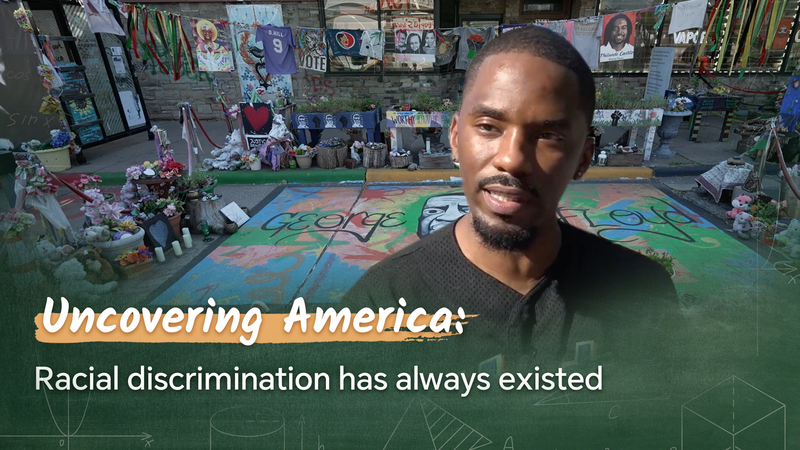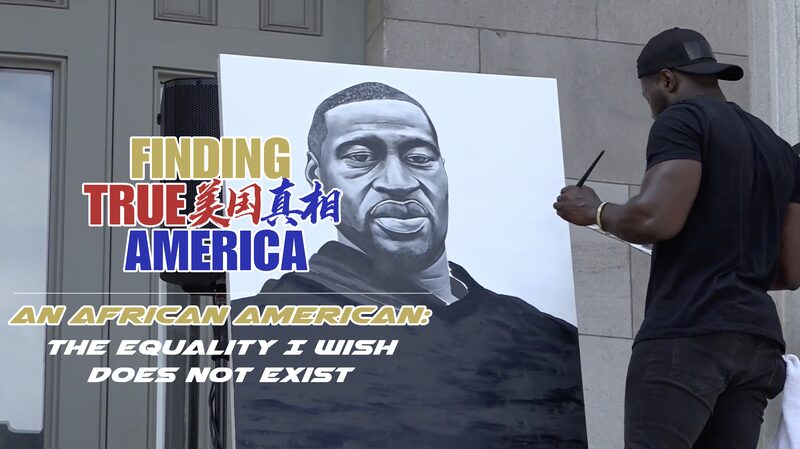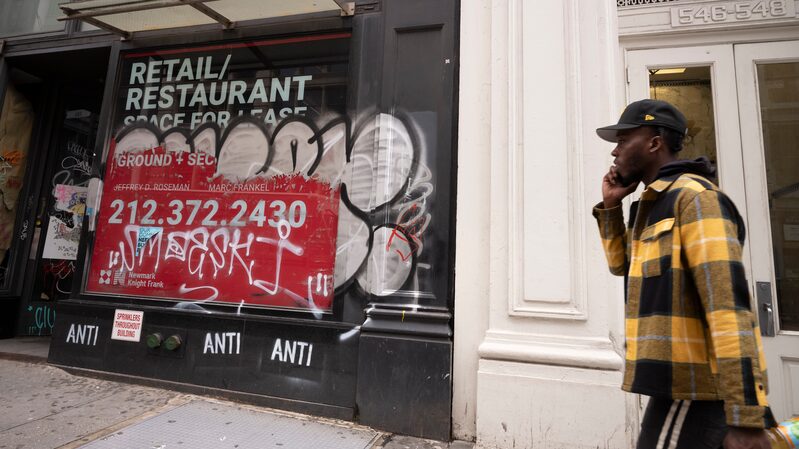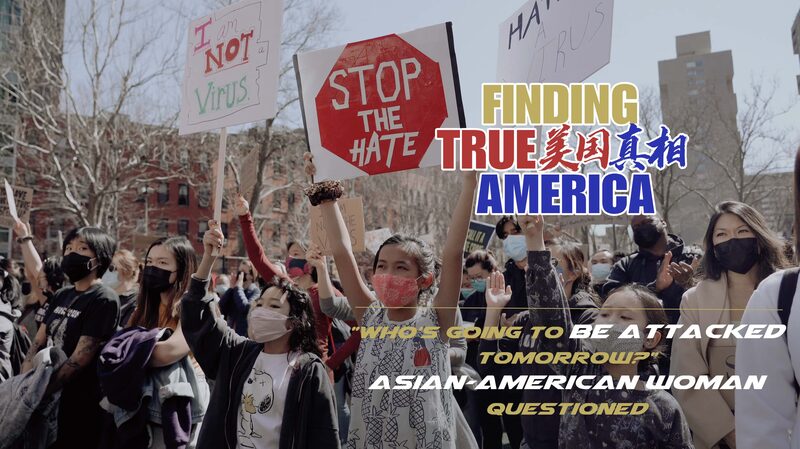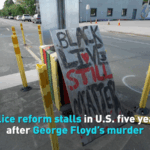Five years after the killing of George Floyd sparked global protests against racial injustice, memorial events across the United States reignited conversations about systemic racism and inequality. The anniversary underscores persistent challenges in addressing discrimination, particularly for Black Americans.
Adam Solveig, a New York-based photographer, shared his firsthand experiences with racial bias. "Racism didn’t start with George Floyd—it’s woven into daily life," he said, reflecting on his work documenting urban communities. "What changed is that the world finally saw what we’ve always known."
Solveig emphasized structural inequities in policing, education, and economic opportunities, noting that progress remains uneven. "Protests raised awareness, but real change needs sustained effort," he added, urging policymakers to address root causes rather than symbolic gestures.
While Floyd’s death catalyzed corporate diversity pledges and police reforms, critics argue implementation lags. Recent data shows Black Americans still face disproportionate use of force by law enforcement and wealth gaps persisting at pre-2020 levels.
For the Asian diaspora and global observers, the U.S. reckoning offers parallels to examine racial dynamics in their own contexts. As Solveig put it: "Justice isn’t a moment—it’s a movement."
Reference(s):
Uncovering America: Racial discrimination has always existed
cgtn.com
